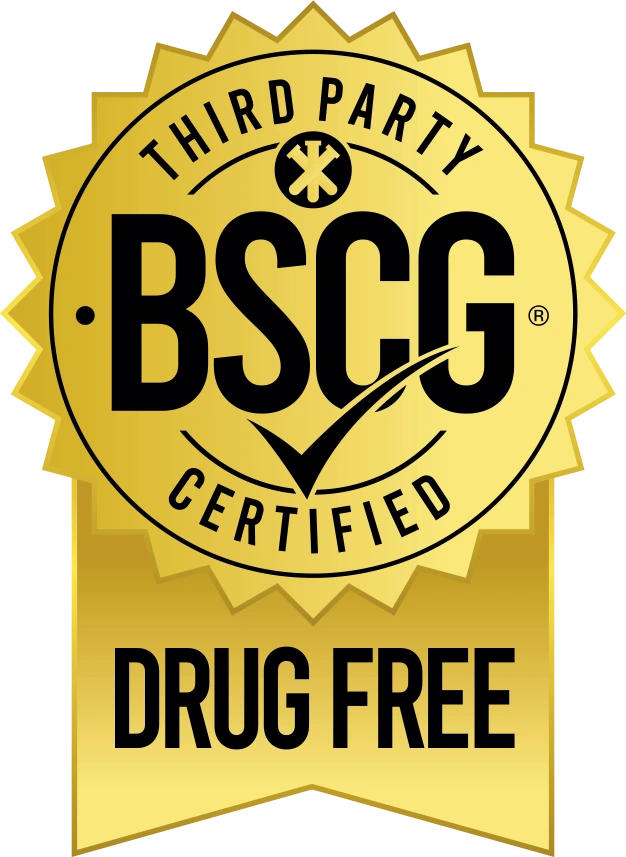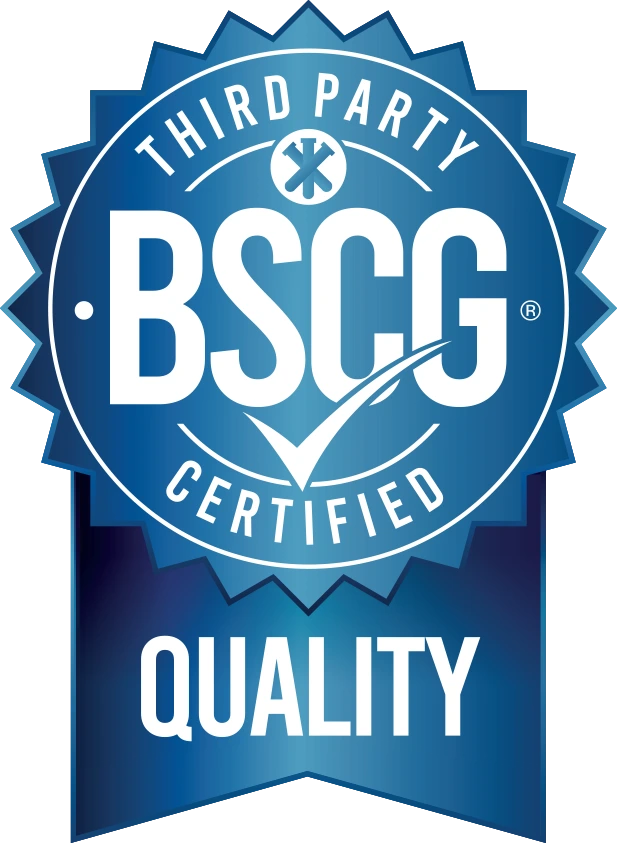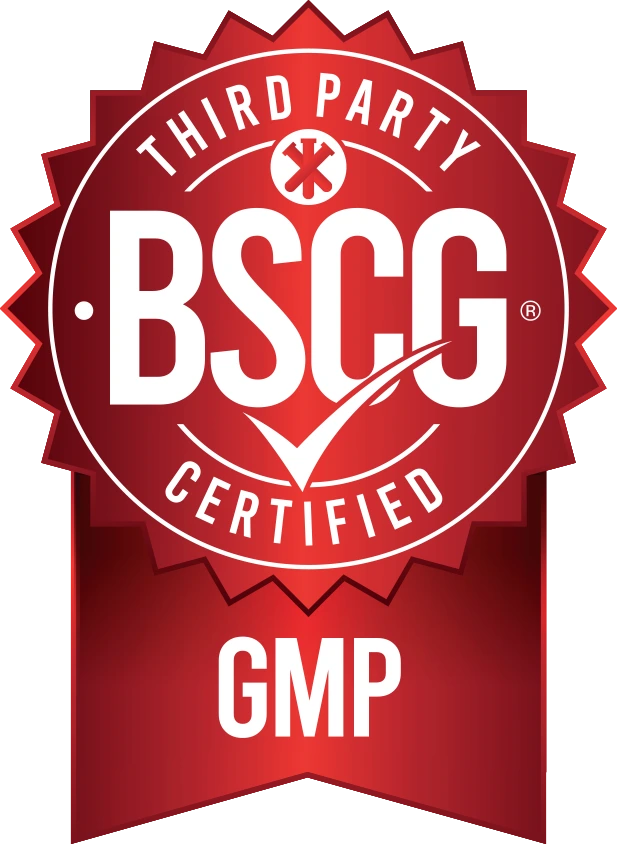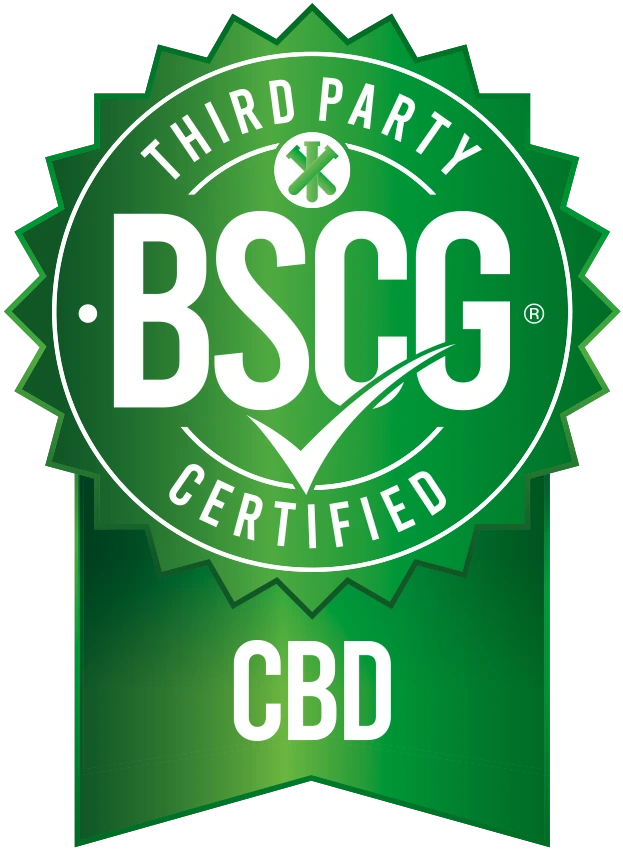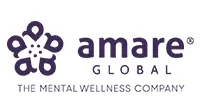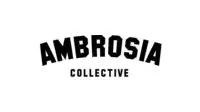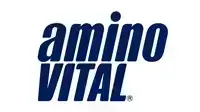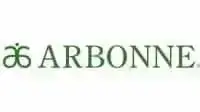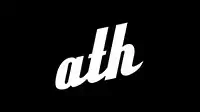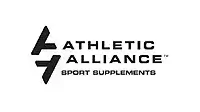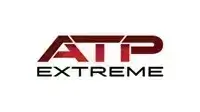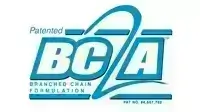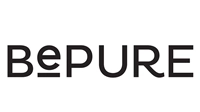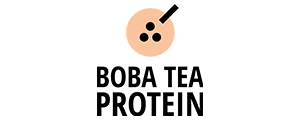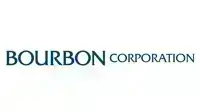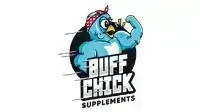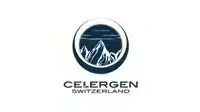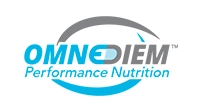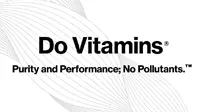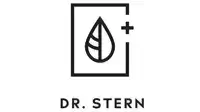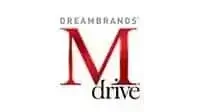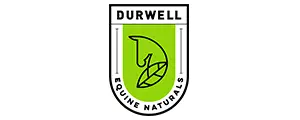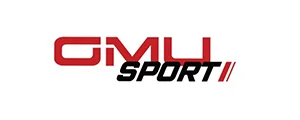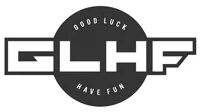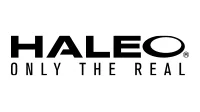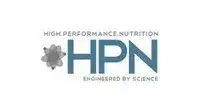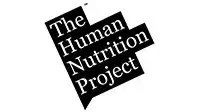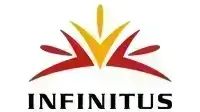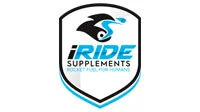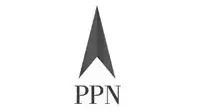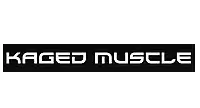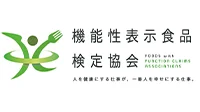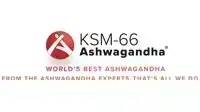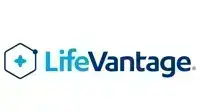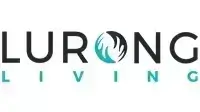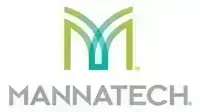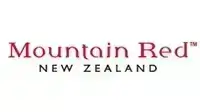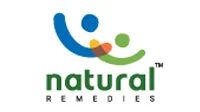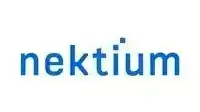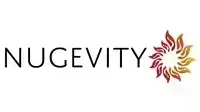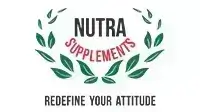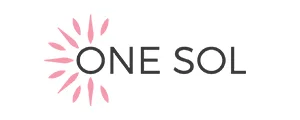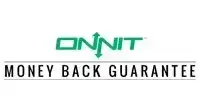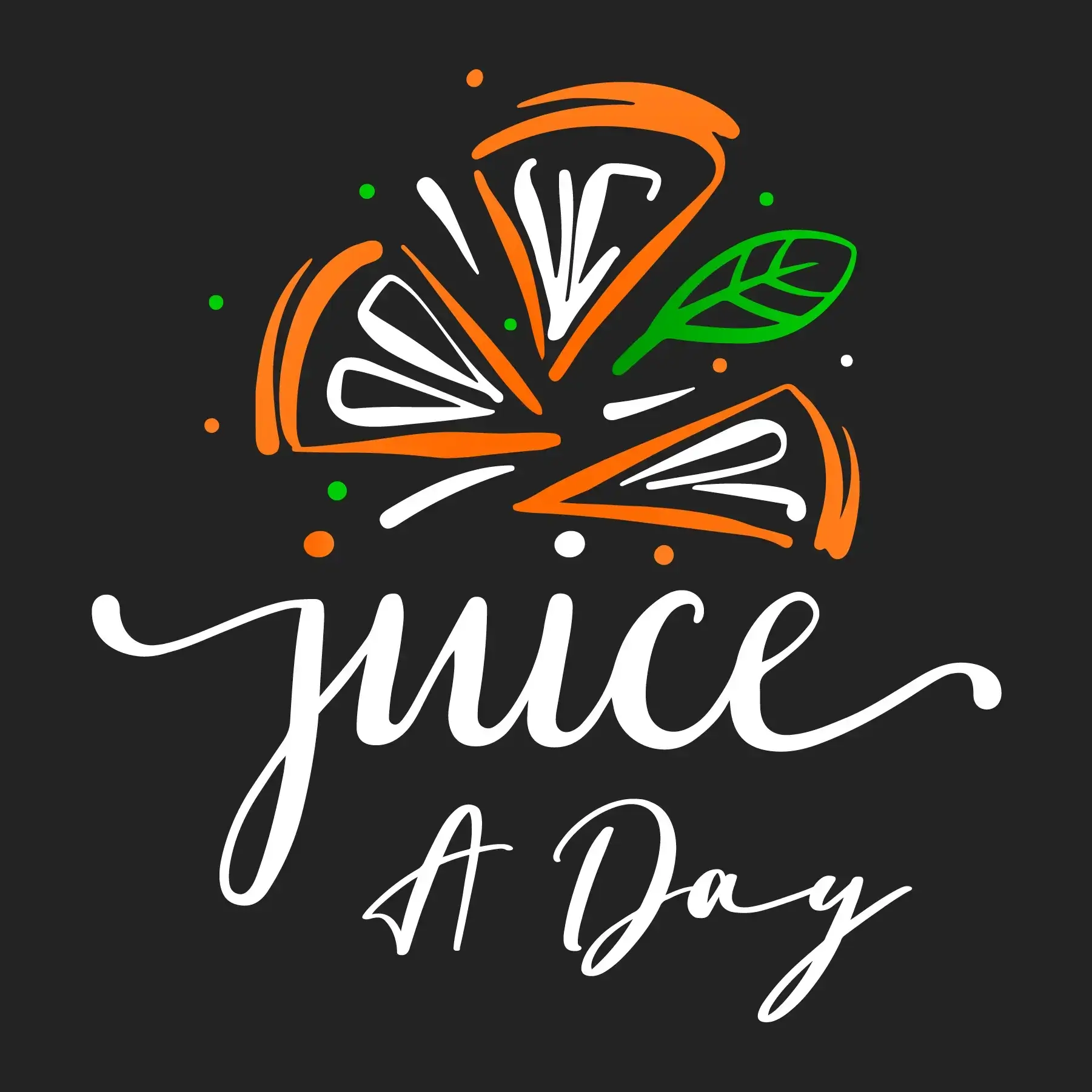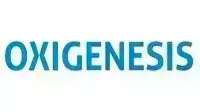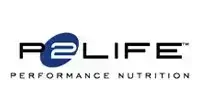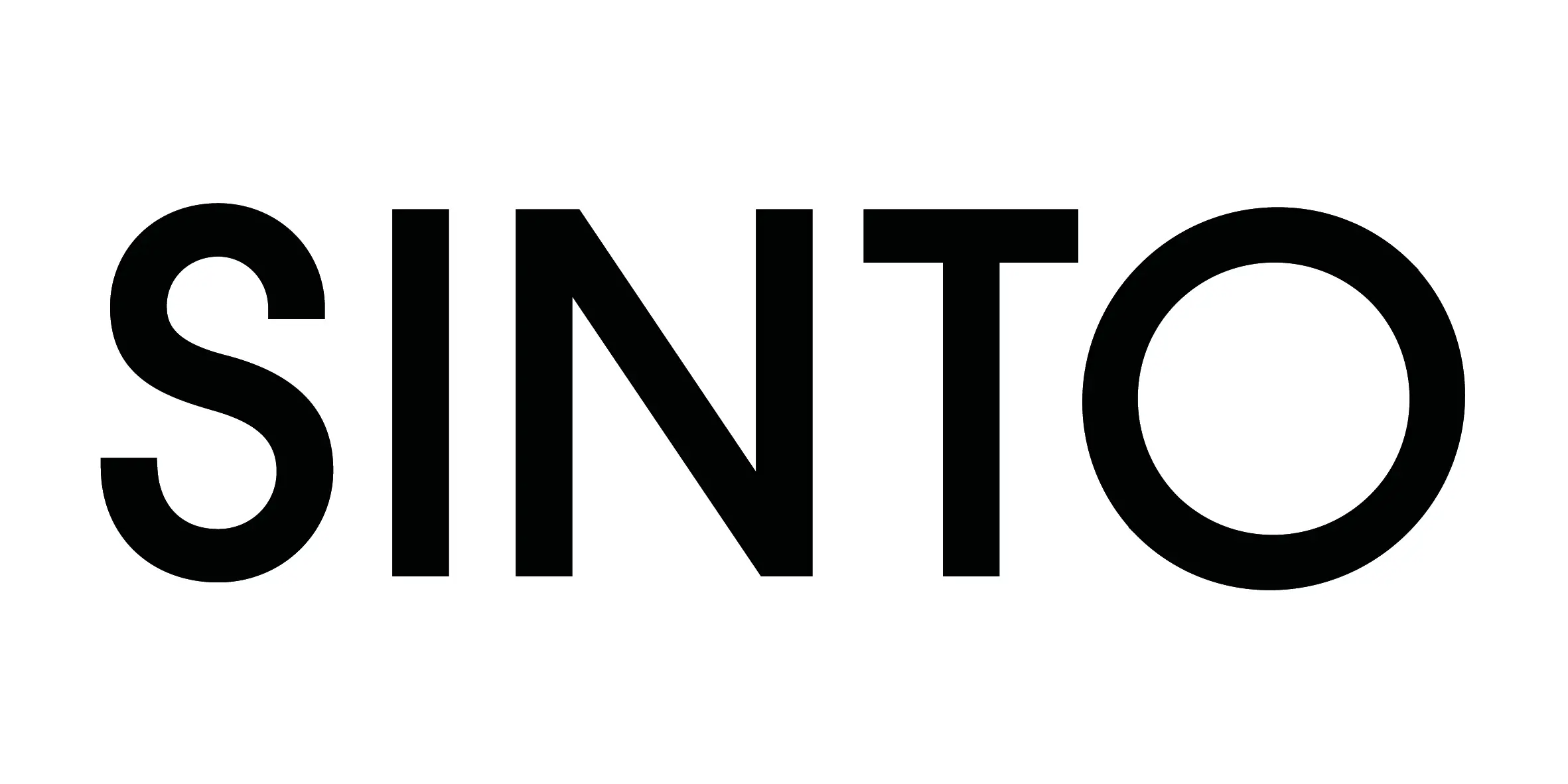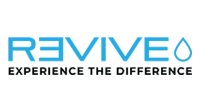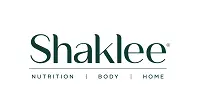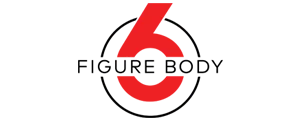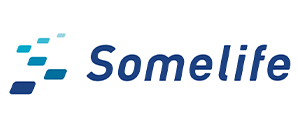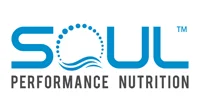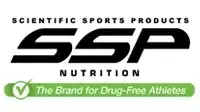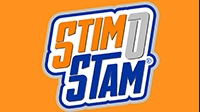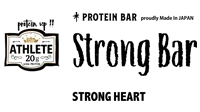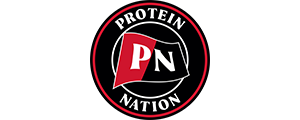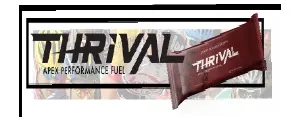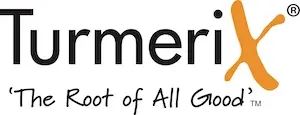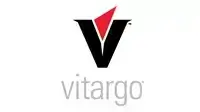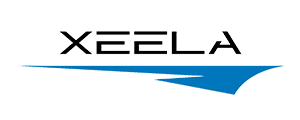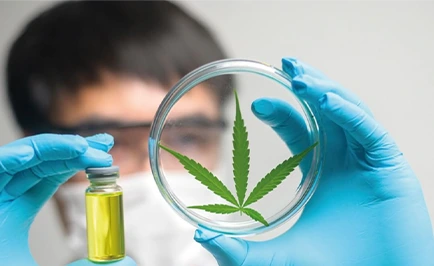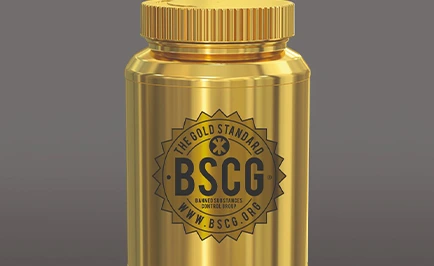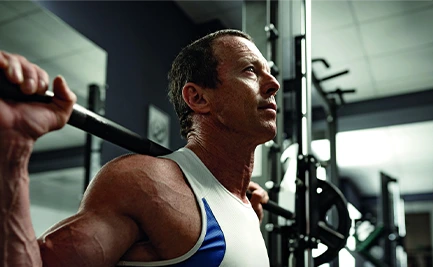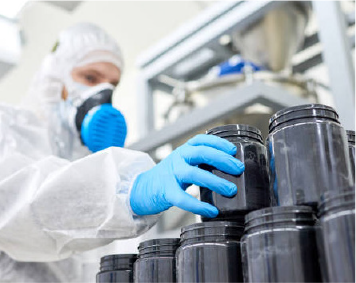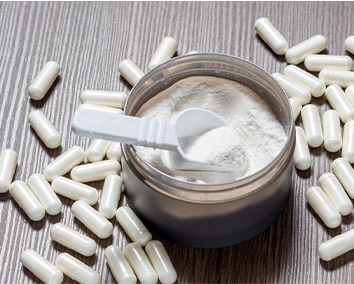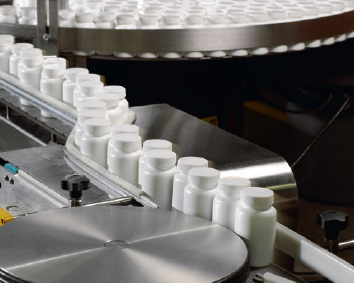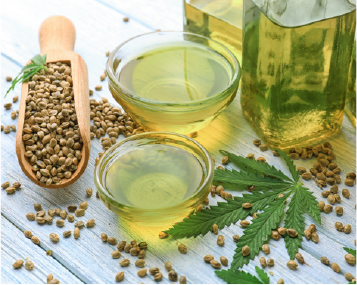Supplement Contamination in the Spotlight Before Diaz Masvidal Bout
Jul 05, 2024

Supplement Contamination in the Spotlight Before Diaz Masvidal Bout
As the Nate Diaz and Jorge Masvidal rematch of UFC 244 approaches in professional boxing on July 6 at the Honda Center in Anaheim, CA supplement contamination is in the spotlight. When Ryan Garcia got in the ring with Devin Haney boxing was supposed to settle the matter, but instead dueling claims of supplement contamination have taken center stage. The latest doping scandal in boxing broke when Ryan Garcia tested positive for the performance enhancing drug ostarine and blamed the results on supplement contamination.
The Ryan Garcia Doping Controversy and the Claims
Ryan Garcia's legal team announced that two supplements declared on doping control forms for the Voluntary Anti-Doping Association (VADA) ahead of Garcia’s bout against Devin Haney contained ostarine and asserted that the products caused the positive drug tests. The levels reported to be present ranged from “70-2200 picograms [of ostarine] per gram powder” in one supplement to “approximately 660-830 picograms per gram powder” in the other. The samples that were tested were opened and previously in the possession of Garcia. Victor Conte, an advisor to Haney, questioned the relevance of the findings based on chain of custody concerns over unsealed samples saying, “in my opinion, it seems likely that tampering may be involved.”
Third-Party Certification for Banned Substances
Third-party dietary supplement certification is the best way for athletes and brands to get proactive protection against supplement contamination with banned substances. The VADA Statement on Dietary Supplements cautions against the use of supplements and advises fighters that if they choose to use them they should only consider those that have been certified by a qualified party. In this case, the products Garcia implicated were not third-party certified for banned substances. Neither the athlete nor the brands benefited from the proactive protection third-party certification is designed to provide.
Supplement Brands Respond with BSCG Testing
NutraBio, the manufacturer of one of the supplements, categorically rejected Garcia’s claims. They emphasized their rigorous quality control process and commitment to producing high-quality supplements. NutraBio stated that testing done on retains of their product, SuperCarb, at leading independent laboratories, including Eurofins and BSCG, did not find ostarine. BodyHealth, the other brand implicated, announced they have done independent testing on sealed samples of the Perfect Amino product in question with BSCG and Harken Research, and no ostarine was found. Previously, Garcia had suggested a Gaia Herbs Ashwagandha product was the culprit prompting Gaia Herbs to test samples with BSCG and Eurofins, which they announced were negative for ostarine.
UFC Makes Third-Party Certification Simple
The Garcia incident has sparked conversations about supplement contamination and inadvertently highlighted the importance of third-party dietary supplement certification for athletes and brands. As the highly anticipated Diaz vs. Masvidal bout approaches, we hope the former UFC fighters consider the UFC Approved Supplements policy as it makes the issue pretty simple saying, “these should be the only supplements you use.” It goes on to say that if you use third-party certified supplements in the BSCG Certified Drug Free program, or from one of the other providers listed, and an issue does arise the fighter is protected, if not they are not protected.
If you are an athlete or a brand, keep things simple when choosing nutritional supplements by taking advantage of the benefits of third-party dietary supplement certification for banned substances like BSCG Certified Drug Free. It just might keep your name out of the headlines.



